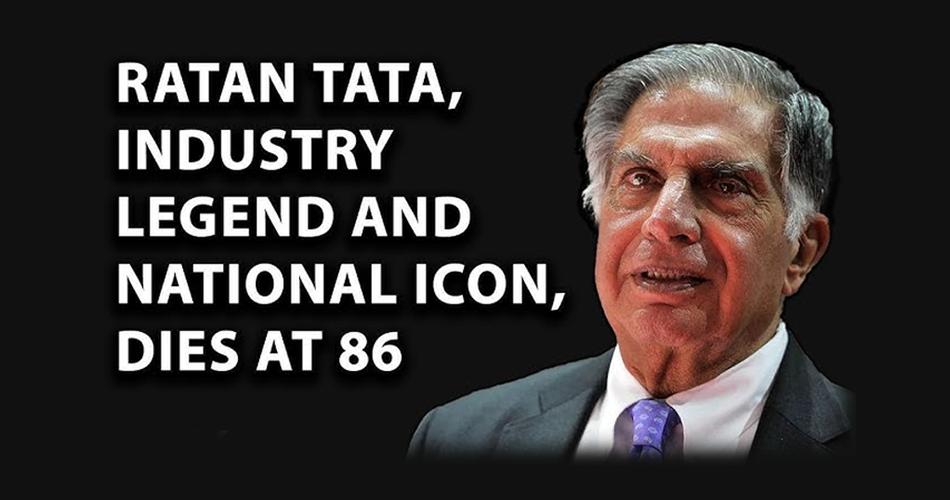Early Life and Education
Ratan Naval Tata was born on December 28, 1937, in Surat, India, into a distinguished family. His father Naval Tata and Mother Sonoo Tata. After completing his primary education in India, Ratan furthered his studies at the University of California, Los Angeles (UCLA), where he obtained a degree in architecture and structural engineering.
Career at Tata Group
Ratan Tata joined the Tata Group in 1962, initially gaining hands-on experience on the shop floor of Tata Steel. His hands-on experience provided him with valuable insights into the operations of the conglomerate. In 1991, he took over as the chairman of Tata Sons, the holding company of the Tata Group, succeeding J.R.D. Tata. Under his leadership, the Tata Group expanded significantly, diversifying into various sectors, including:
Automobiles: Ratan Tata played a pivotal role in the launch of the Tata Indica in 1998, India’s first passenger car designed and manufactured domestically. He also spearheaded the development of the Tata Nano, aimed at providing an affordable vehicle for the masses.
Steel: The acquisition of Corus Steel in 2007 marked a significant milestone, making Tata Steel one of the top steel producers globally.
Information Technology: The acquisition of companies like TCS (Tata Consultancy Services) helped position Tata as a leader in IT services.
Innovations and Initiatives
Ratan Tata is celebrated for his visionary mindset and dedication to innovation. His vision for the Tata Group encompassed:
Sustainable Development: Tata’s emphasis on sustainable business practices led to initiatives in renewable energy and environmental conservation.
Global Expansion: Under his leadership, Tata expanded its global footprint, acquiring several international companies, including Jaguar Land Rover and Tetley Tea.
Philanthropy
A significant part of Ratan Tata’s legacy is his commitment to philanthropy. The Tata Group is renowned for its philanthropic endeavors, with about 66% of its holding companies’ equity owned by charitable trusts. Ratan Tata has been a strong advocate for education, healthcare, and rural development.
Awards and Honors
Ratan Tata’s contributions to business and society have been recognized through numerous awards, including:
Padma Bhushan: Awarded in 2008, one of India’s highest civilian honors.
Honorary Degrees: Various universities have conferred honorary degrees upon him for his contributions to business and society.
Legacy and Impact
Ratan Tata stepped down as chairman of Tata Sons in 2012, but his influence continues to shape the company and the Indian business landscape. His leadership style, characterized by integrity and social responsibility, has inspired a new generation of entrepreneurs.
Conclusion
Ratan Tata’s journey is a testament to the power of visionary leadership and a commitment to social responsibility. His achievements have not only transformed the Tata Group but have also significantly impacted Indian industry and society at large. As he continues to contribute through his philanthropic efforts and investments in startups, Ratan Tata remains a revered figure and an enduring symbol of ethical business practices in India.
